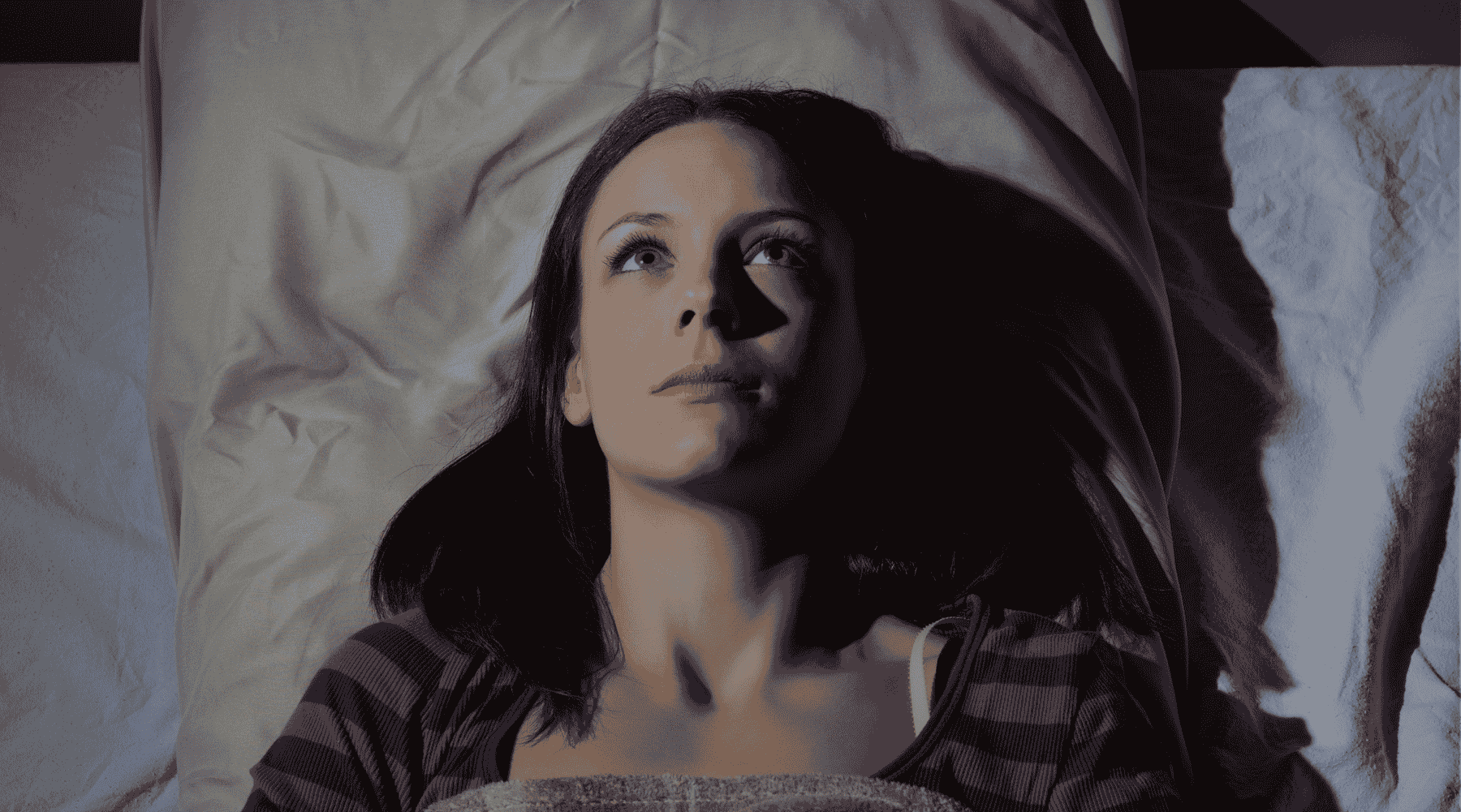By Rick Benson
Many people don’t realize that a gambling disorder and a substance use disorder have some notable similarities, and it is common for these two disorders to go hand in hand. Typically, if a person has a compulsive gambling disorder, they are more likely to develop an alcohol or substance use disorder, and vice versa.
What is a Co-Occurring Disorder?
A co-occurring disorder is a diagnosis of more than one disorder. For example, one could have a gambling disorder and a mental health disorder such as depression or anxiety.
When a person suffers from an addictive disorder, they are more likely to develop another disorder. A study found that an alcohol use disorder is the most frequently reported co-occurring disorder among people with a gambling disorder.
75% of those diagnosed with a gambling disorder also had a co-occurring alcohol use disorder, and almost 40% had a co-occurring drug use disorder.
How Gambling Leads to Substance Use Disorders
Sometimes it can be hard to identify what came first: the substance use disorder or the gambling disorder. The reality is, alcohol is very prevalent in casinos. In many cases, drinks are free while you are gambling.
This is because you are likely to take more risks and spend more money when your inhibitions are lowered due to alcohol consumption. Alcohol makes the person more confident and makes it more difficult to judge the risk of the gamble.

When a person starts experiencing extreme debt and relational issues due to gambling, they often turn to alcohol or drugs as a way to cope with their losses. This can lead to a detrimental cycle of gambling and using substances with the belief that one can win back their losses if they continue gambling.
This cycle can cause more serious mental health disorders such as extreme depression and anxiety.
How is Gambling Similar to Substance Use?
Gambling is often referred to as being an invisible addiction, because compared to a drug or alcohol addiction, which can be spotted more easily, it’s often difficult to tell when someone has a gambling problem.
However, gambling and drug use affect the brain in a similar way. Gambling can affect levels of dopamine and serotonin, just like drugs do.
When a person gambles, their brain releases dopamine, which leads to feelings of excitement. This dopamine is not only present when the gambler wins, but also when they lose, especially in the case of near-misses.
Gambling Withdrawal
The withdrawal that compulsive gamblers experience can be of a similar intensity to those who are experiencing withdrawal from drugs or alcohol. Over time, gamblers build up their tolerance and have to take bigger risks in order to feel the same thrill as when they first started gambling. They start to chase the dopamine rush constantly.
Eventually, the gambler’s natural reward system is weakened, and it becomes more difficult to achieve high levels of dopamine. When they go without gambling for a time, they often suffer from withdrawal due to the lack of dopamine in their brain.
Signs and symptoms of gambling withdrawal include:
- Depression
- Anxiety
- Cravings to gamble
- Insomnia
- Headaches
Although withdrawal can be a difficult thing to push past, and it can be tempting to return to gambling during this time, know that the symptoms will not last forever.
Treating Co-Occurring Disorders
Since gambling disorders have similar effects as a substance use disorder, it needs to be treated with the same sense of urgency. The best way to overcome co-occurring disorders is to treat them simultaneously. Recovery will not be easy, but it will be worth it.
Work on the root cause of your addiction. Addiction usually begins as a result of an underlying issue that is not being addressed or worked on. Attending individual cognitive behavioral therapy can be a great way to start working on these issues.
Identify and manage triggers. Identifying what triggers your urge to gamble is crucial for avoiding relapse. Once you identify what your triggers are, you can learn how to deal with them appropriately. If there are certain places or people who trigger your urge to gamble, try to keep your distance for now.
Find healthy coping mechanisms. For triggers that can’t be avoided, such as stress or anxiety, you need to learn healthy coping mechanisms that you can turn to during these times. Your coping mechanisms will be unique to you. Some people find that exercising and staying busy are helpful, while others prefer to lay low and spend time alone.
Be patient with yourself. Recovery doesn’t happen overnight. It takes a lot of work and dedication. Some days will be easier than others, but rather than focusing on the future, just focus on the day ahead of you.
At Algamus, we are dedicated to not only treating the gambling disorder, but also the very thing that is causing the gambling disorder. We achieve this through cognitive behavioural therapy, group therapy, and a variety of other proven treatment methods.
To find out more about how we can help you or your loved one leave addiction behind for good, reach out to one of our counselors who will be happy to assist you.



